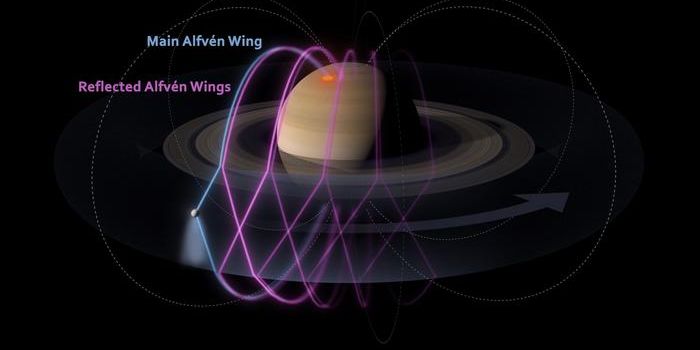"Mathematics Nobel" Honors Its First Female Laureate
Organized by the Norwegian Academy of Sciences and Letters, the Abel Prize was set up to commemorate 18th-century Norwegian mathematician Niels H Abel and is deemed as the Nobel equivalent award for the world's top minds in mathematics.
Last week, the prize committee announced that this year's award honors Karen Keskulla Uhlenbeck, a professor emeritus from the University of Texas at Austin, for “her pioneering achievements in geometric partial differential equations, gauge theory and integrable systems, and for the fundamental impact of her work on analysis, geometry, and mathematical physics.”
Uhlenbeck has been considered a pioneer in the geometric analysis for decades, but her first degree was not even in science. Her involvement in mathematics research started only with her grad school enrollment at the New York University, which was later transferred to Brandeis University in the late 1960s.
One of her most influential work came early in her career, through collaboration with mathematician Jonathan Sacks. They were working on improving the "minimal surfaces" theory. An everyday example would be the outer surface of a soap bubble, which always settles on a spherical shape that retains the least amount of energy as surface tension.
Related video: soap films and minimal surface
The theory was not perfect: it had difficulty mathematically explaining certain points on the surface where energy appeared to become infinitely concentrated. These points are referred to as the singularities. For example, the function f(x)=1/x has a singularity when x equals 0 and in turn the equation returns an ill-defined, infinitely large value.
Uhlenbeck placed her focus on those points and showed that those places are where new bubbles are splitting off the surface. But defining the shape of this soap bubble in a multi-dimensional world, a mysterious but highly impactful idea to theoretical mathematicians and physicists, is extra difficult. Uhlenbeck managed to come up with the shapes that soap films can take in higher-dimensional curved spaces.
Another significant contribution of Uhlenbeck is in the gauge theories, which have great implication in theoretical physics. Gauge theories were developed to explain concepts such as dynamics of elementary particles and gravitation in the theory of general relativity, which cannot be observed directly. Uhlenbeck’s work helps scientists apply mathematical gauge theories to the visualizable world.
Being the first woman in the 19 total Abel laureates, Uhlenbeck is also well recognized beyond the world of mathematics research. In 2002, she co-founded "The Women and Mathematics Program" at the Institute for Advanced Study of Princeton, a program that aims to recruit and retain more women in mathematics and science.
"I am aware of the fact that I am a role model for young women in mathematics," Uhlenbeck said in the statement. "It's hard to be a role model, however, because what you really need to do is show students how imperfect people can be and still succeed … I may be a wonderful mathematician and famous because of it, but I'm also very human."
The 2019 Abel prize announcement - Interview with Karen Uhlenbeck
Source: Live Science/Gizmodo









